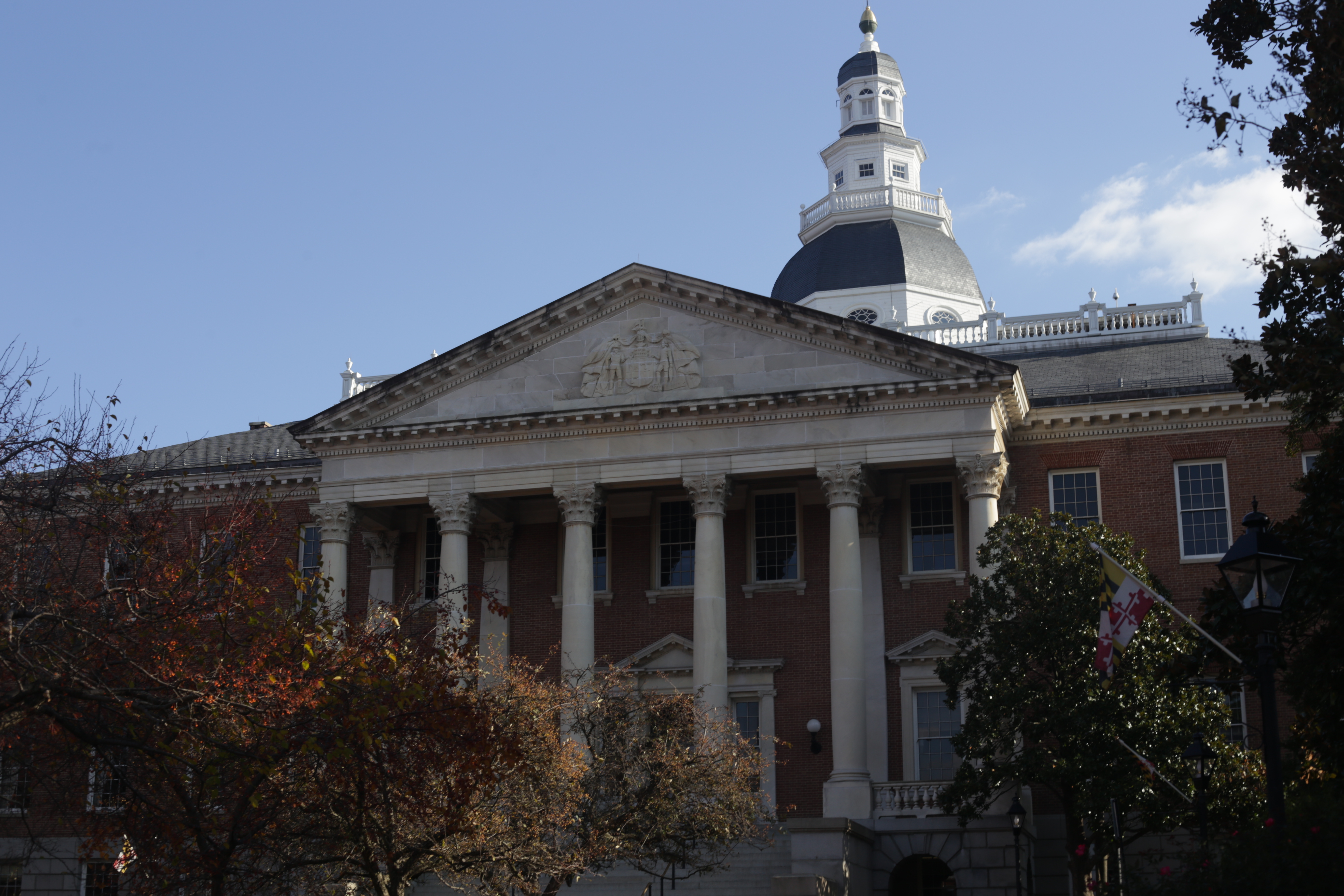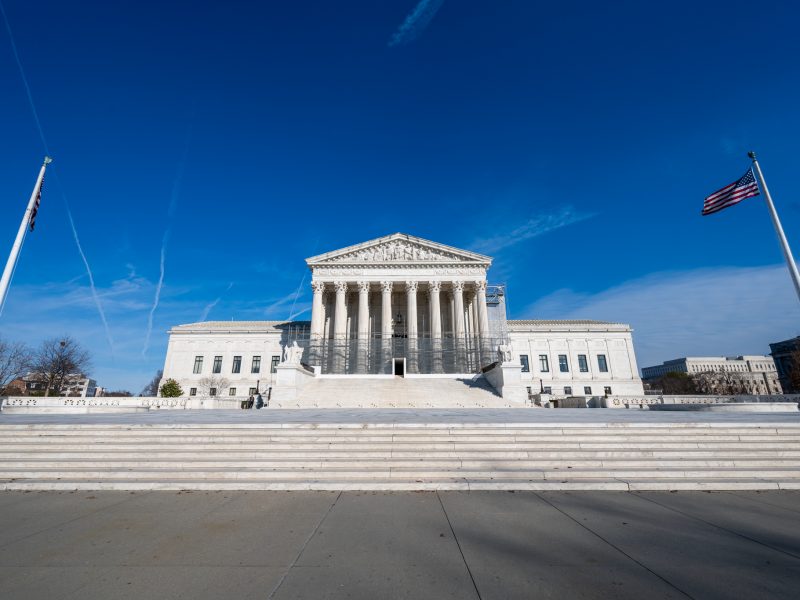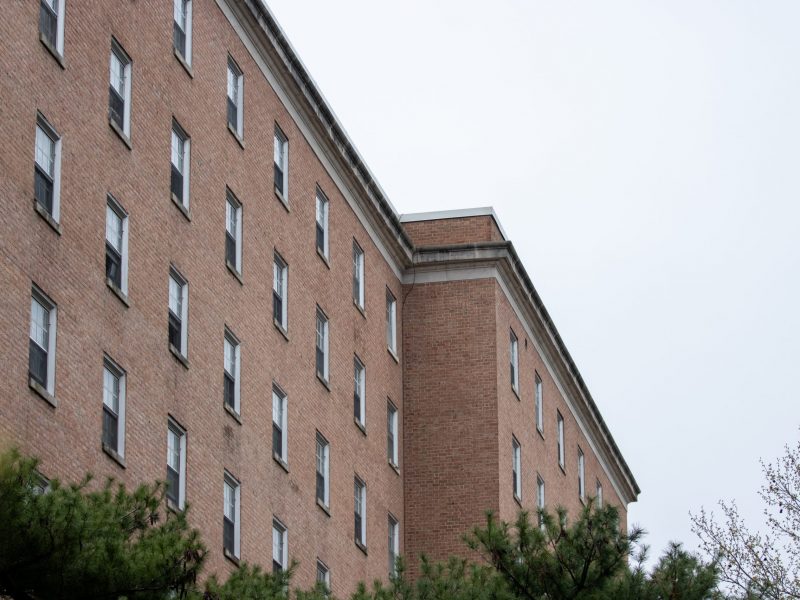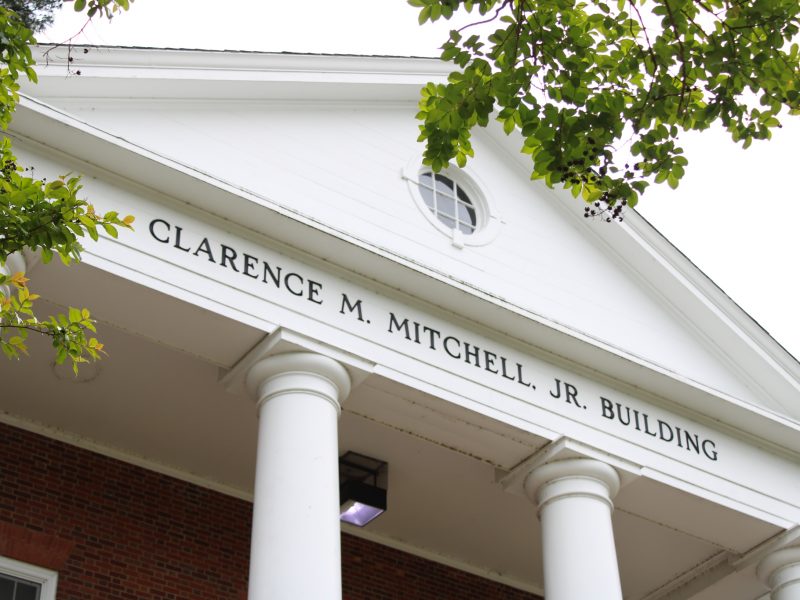A handful of bills that would legalize the possession, use and sale of small amounts of marijuana are moving through the Maryland General Assembly, as Democratic lawmakers push to make this state the latest to allow recreational use of the drug.
One measure would allow adults aged 21 and over to possess up to an ounce of marijuana, said state Sen. Richard Madaleno, one of the bill’s senate sponsors. This bill also creates a “regulatory framework” that would allow licensed sellers to sell up to one ounce of marijuana and limited amounts of cannabis-infused products, such as edible items and lotions, Madaleno said. Del. Curt Anderson, a Democrat from Baltimore, has sponsored a version of the proposal in the House of Delegates.
The General Assembly voted to decriminalize marijuana use in 2014, making possession of less than 10 grams of marijuana a civil offense punishable only by a fine of up to $100 for a first offense. A Goucher College poll released Monday found that 58 percent of Marylanders support legalizing marijuana for recreational use.
[Read more: One marijuana license for Prince George’s County — and none for the University of Maryland]
Madaleno said drug prohibition has led to a number of “maybe unintended, but quite negative consequences” for the state. Marijuana violations have entangled “too many young people” in the criminal justice system, and prosecution for marijuana possession disproportionately affects black communities despite nearly identical usage rates among races, Madaleno said.
“The war on drugs has unfortunately failed,” Madaleno said. “I just think it’s time that we take a different approach, one that says this product can be regulated. It can be limited, like alcohol.”
Madaleno’s bill would also allow for automatic expungement for people who have records of possessing small amounts of marijuana. In Maryland, blacks are four times more likely than whites to be arrested, charged and convicted of marijuana possession, he added.
In states that have moved forward with legalization efforts, Madaleno said crime, black market drug dealing, teenage marijuana usage and heroin use have decreased. Eight states, as well as Washington, have legalized small amounts of marijuana for adult recreational use.
Madaleno and Del. Mary Washington, a Baltimore Democrat, have also sponsored bills that outline how marijuana would be taxed. Under the proposals, marijuana would be subject to a 9 percent sales tax and an excise tax based on weight, similar to how alcohol is taxed in the state.
Revenue generated from marijuana taxes would go toward funding programs targeted at “communities that have been most impacted by the war on drugs,” Madaleno said, including community schools in impoverished neighborhoods, job training and substance abuse treatment.
Yusuf Mahmood, president of the University of Maryland chapter of Young Americans for Liberty, said the organization supports both efforts to legalize marijuana and to decriminalize other drugs in an effort to undo the negative effects of the war on drugs. Del. Dan Morhaim has proposed a bill that would decriminalize small amounts of cocaine, heroin and other narcotics.
“I don’t want to construe it as if we support the use of drugs, but … the war on drugs has made these drugs more dangerous,” Mahmood said. “It’s resulted in more crime, more violence, more overdoses. It’s pretty much counter to all of the goals that it set out to achieve.”
[Read more: Maryland decriminalizes pot paraphernalia and smoking in public]
Possession of marijuana on this campus is a violation of the university Code of Student Conduct. The Office of Student Conduct declined to comment on how proposed legislation might affect university policy.
Maille O’Donnell, president of Our Revolution UMD, a progressive student activist group at this university that grew out of Terps for Bernie, said the group plans to lobby on behalf of a slate of bills in the state house this spring, and these two bills are “top of the list.”
O’Donnell, a sophomore environmental science and policy major, said she supports marijuana legalization for criminal justice and moral reasons. Young Americans for Liberty, Our Revolution UMD and Students for Liberty are planning to host a protest of marijuana prohibition on McKeldin Mall on April 20, she said.
But these legalization efforts are not without opposition. Several state lawmakers have voiced concern about the negative effects of legalizing marijuana, citing health and safety consequences and the risks of drugged driving. Opponents have also said it is too early to legalize recreational marijuana when the state is still rolling out its medical marijuana program.
The Maryland Wholesale Medical Cannabis Trade Association said last month the state has had “one of the slowest” medical cannabis rollouts, The Baltimore Sun reported.
In an op-ed in The Sun, the American Automobile Association urged lawmakers to “seriously consider the impact such a measure could have on the safety of our roadways.” AAA believes marijuana legalization would likely increase the number of impaired drivers and traffic fatalities.
AAA research has found that “fatal crashes involving drivers who recently used marijuana more than doubled – from 8 percent to 17 percent – in Washington” the year after the state legalized recreational use.
Del. David Moon and Sen. Brian Feldman, both Montgomery County Democrats, have also introduced a proposal that would legalize marijuana through a constitutional amendment and state referendum. This would allow state residents to vote on the issue, but also requires a supermajority of votes to pass in the legislature — three-fifths of lawmakers would need to support the amendment before it would appear on the 2018 ballot.
The Senate Judicial Proceedings Committee will hear testimony Thursday on Madaleno’s legalization bill and Feldman’s referendum bill. The House Judiciary Committee will hold hearings on the House versions of the bill next week.



